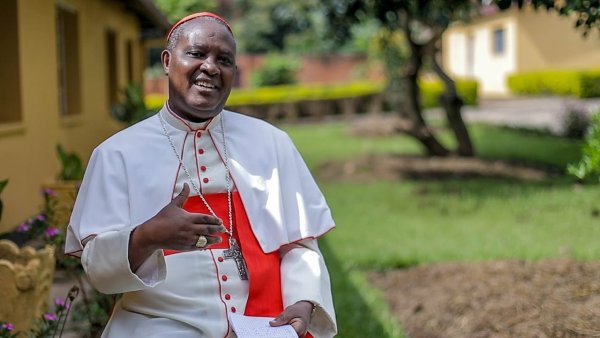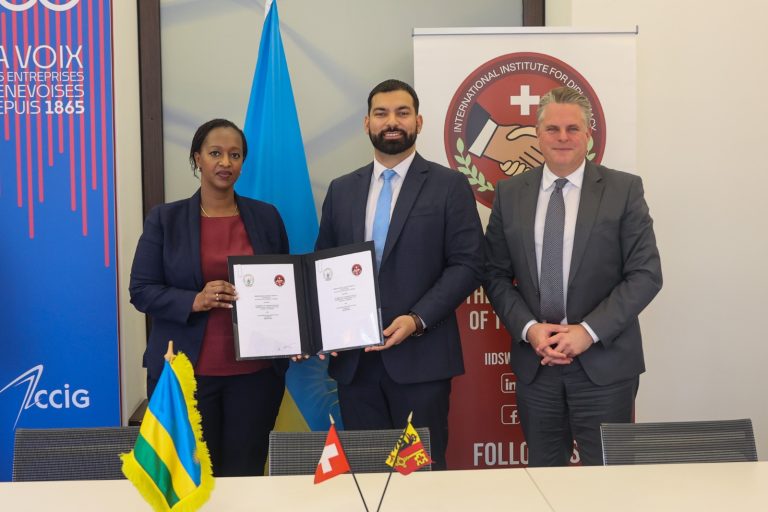The Judiciary’s annual report reveals that in the 2024/2025 judicial year, a total of 2,674 divorce cases were heard in Rwandan courts—a slight decrease from the 2,833 cases recorded the previous year.
As in the 2023/2024 judicial year, family-related cases continued to dominate the docket, followed by disputes over immovable property, breaches of contract, and civil status registration. Statistics show that courts handled 2,674 divorce cases, 2,259 cases involving immovable property, 1,176 contract disputes, and 1,059 cases concerning civil status documents.
Chief Justice Domitille Mukantaganzwa emphasized that in the new judicial year, greater efforts will be directed toward promoting alternative dispute resolution mechanisms.
“This judicial year, the Judiciary will prioritize encouraging litigants to resolve disputes through mediation, especially in family cases, labor disputes, administrative cases, and commercial disputes,” she said.
She further noted that in criminal matters, the focus will be on victim–offender mediation and plea bargaining to promote restorative justice.
Rising Divorce Trends
Reports indicate that divorce cases in Rwanda have risen sharply in recent years. In 2016, only 21 cases were filed. The number rose to 69 in 2017, 1,311 in 2018, and 8,941 divorces were granted by courts in 2019, according to the National Institute of Statistics of Rwanda (NISR). In 2020, courts received 3,213 divorce petitions.
Judiciary records show 3,322 divorce cases in 2021/2022 and 3,075 in the following year. Although the figures have declined slightly over the past two years, they remain significantly high.
Legal Reforms
Family Law was recently revised in response to the surge in divorce cases. Previously, divorce was often exploited as a means of property acquisition, especially in unions governed by the community of property regime, where assets were automatically split 50–50.
Article 156 of the revised law stipulates that when community property is dissolved through divorce before the couple has lived together for five years, the court may decide that assets and debts are not divided equally. Instead, each spouse may only receive a share proportionate to their contribution.
The law states:
“When community property is dissolved due to divorce or a change in property management, the spouses divide assets and debts equally or as otherwise agreed. However, if one party petitions the court before the couple has lived together for five years, the court may order an unequal division after considering the circumstances, granting each spouse a share corresponding to their contribution.”
Furthermore, the law allows courts to allocate responsibility for debts or property damage to the spouse who incurred them, whether before or during marriage, if such liabilities were not disclosed to the other partner.
Grounds for Divorce
Under the revised law, a spouse may file for divorce on grounds such as adultery, conviction for a disgraceful crime, refusal to provide for the family, physical or psychological abuse, financial abuse, or any conduct that gravely undermines the marriage. Divorce is also permitted when cohabitation becomes intolerable for either spouse for any other serious reason.
Author: Justinmind HARERIMANA















